African-American Women & The Darkness of Depression
African-American Women & The Darkness of Depression
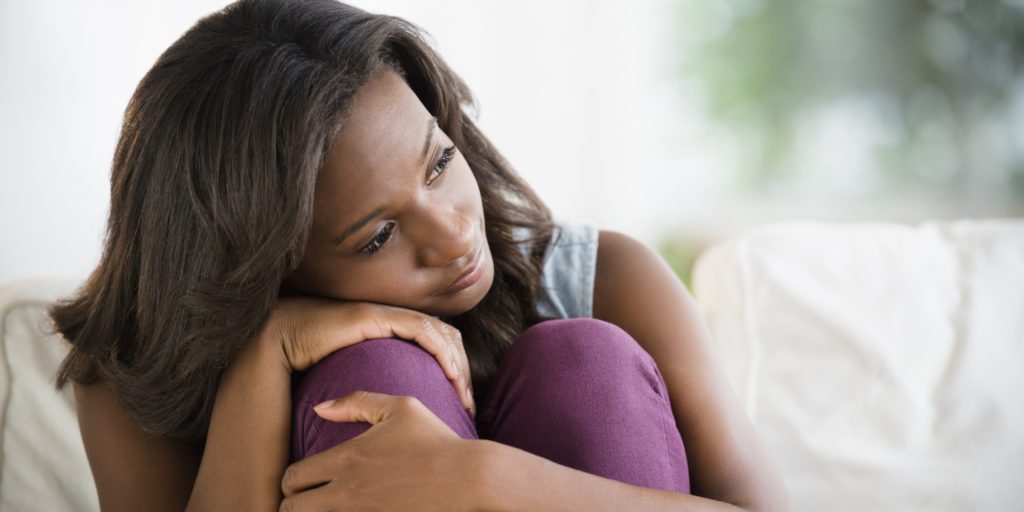
African-American Women & The Darkness of Depression ~ It is immensely important that African Americans confront a number of enigmatic issues that have been plaguing the collective for years. One area of concern for me is mental health, and the manner in which mental disorders, such as depression and bipolar disorder are stigmatized within the black community. While bipolar disorder and a number of other dissociative and cognitive disorders have a significant impact on African Americans, one silent killer that has wreaked havoc on the Black community, especially when it comes to Black women, is depression. Although depression can impact people of all races and cultures, historical experiences, including traumatic events, can cause depression to express itself more emphatically in black women (Kolk B. V., 2014; Wallace, 2016).
When we examine the culture and subsequent paradigms that can be traced back to slavery, we discover that the Black woman was not supposed to be able to feel pain. She was supposed to be strong and unbreakable, all while being demanded to function without a voice or a choice. According to data produce through a CDC study (Staff R. , 2010), while Blacks are more likely to report symptoms associated with clinical depression, they are less likely to seek treatment for the condition, predominantly due to the negative stigmatism associated with being treated for a mental disorder. In fact, only 7.6 percent of African Americans who were diagnosed with some level of depression sought treatment, in comparison to 13.6 percent of the general population.
When consideration is given to the fact that women, regardless of race, are more likely to experience depression (Hamm, 2014), in addition to the fact that African Americans experience depression at a greater rate than their White counterparts, it becomes lucidly clear that Black women are at a higher risk of experiencing depression than the general population.
The increased rate at which African-American women experience depression, conjoined with their proclivity to forgo treatment, leaves the black collective to ponder the impact that depression is having, not only on African-American women, but on the entire functionality of the Black collective.
The fact that the black woman is a central figure in the formulation and perpetuation of a viable and thriving culture means that we cannot ignore the negative impact that a force as powerful as depression has on her capacity to fulfill her design. We must first see this condition for what it is, and then we must be willing to address it from multitudinous angles. For those who have religious affiliations, it must be understood that while prayer has proven benefits as far as mood and state-of-mind are concerned (Andrade, 2009), depression, as a mental disorder, is highly complex, and it should be treated by a trained professional.
In its most severe state, depression can be crippling — rendering the victim completely dysfunctional. Additionally, while suicidal ideations are not a symptom that is automatically associated with depression, it can definitely become prevalent in certain cases.
As a research psychologist, and more importantly, as a Black man. I want to take the time to address this from a place that is closest to my heart — the idea of the restoration of the Black family. I have written 16 books, and I am planning on releasing a 17th within the next six weeks. There are certain themes that are recurring in my writings and lectures, with a sense of identity and the restoration of the Black family nucleus being two of the most prevalent. In my latest book, The Mis-education of Black Youth in America, I spend significant time pointing to the importance of the Black family to the cause of empowering the collective. I also make it clear that the spiritual, emotional and psychological healing of the Black woman is essential.
The Black woman has been burdened with the weight of all of our dirty little secrets, including CSA (childhood sexual abuse), incest, physical abuse, rape, abandonment, and more. Historically, she has been immensely loyal to the Black man, despite his often critical and vituperative assaults against her character and virtue. Beyond the virulent impact of intergenerationally transmitted trauma that invades every area of the black existence, the Black woman is, by far, the most beguiled, alienated and abused being on the planet. Yet, she is expected to carry herself with unparalleled dignity, while showing no signs of her emotional and psychological weariness. She is in need of healing.
She is expected to rise above the incessant hostility and aggression in order to show love and acceptance. She is now being asked to forgive the killer of her seed before she can even bury him. She is expected to be strong, yet silent — all while understanding that no one else will provide a voice that will advocate for her. She is in need of a healing!
I spend a substantial amount of time studying the mental health of my people, and I can say with certainty that none of us are unaffected by the reality that represents our history and contemporary existence; however, the Black woman has experienced trauma in ways that would have absolutely obliterated a lesser being. So, in a paraphrase of Jesse Williams’ BET Awards Acceptance speech, “Just because the Black woman is magical, does not mean that she is not real. ~ Rick Wallace, Ph.D.
Dr. Rick Wallace, is the Founder, CEO and Director of Behavioral Research at The Odyssey Project, a subsidiary of Rick Wallace Enterprises that focuses on addressing the many enigmatic issues that plague the black community. He is also the author of 16 books, including The Mis-education of Black Youth, and he is the executive producer and host of The Black Voice radio program.
Bibliography
Andrade, C. (2009). Prayer and Healing: A Medical and Scientific Perspective on Randomized Controlled Trials. Indian Journal of Psychiatry.
Gotib, I. (1998). Baised Information Processing as a Vulnerability Factor for Depression. Science Direct, 603-617.
Hall-Flavin, D. K. (2016). What Does the Term “Clinical Depression” Mean? Mayo Clinic.
Hamm, N. (2014, November 25). High Rate of Depression Among African-American Women, Low Rates of Treatment. The Huffington Post.
Kolk, B. A. (2001). Exploring the Nature of Traumatic Memory: Combining Clinical Knowledge with Laboratory Methods. Trauma and Cognitive Science Haworth Press, Inc.
Kolk, B. V. (1987). Psychological Trauma. American Psychiatric Press.
Kolk, B. V. (2014). The Body Keeps the Score. New York: Penguin Publishers.
Smith, D. J., & Craddock, N. (2011). Unipolar and Bipolar Depression: Different of the Same? The British Journal of Psychology.
Staff, P. (2014). Breaking the Taboo of Depression Among African American Men. Lucidia .
Staff, R. (2010). Current Depression Among Adults. Centers for Disease Control and Prevention.
Wallace, R. (2016). African Americans & Depression: Denying the Darkness. The Odyssey Project Research Journal .
Wallace, R. (2016). Racial Trauma & African Americans. The Odyssey Project.
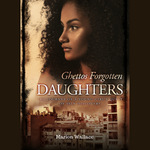

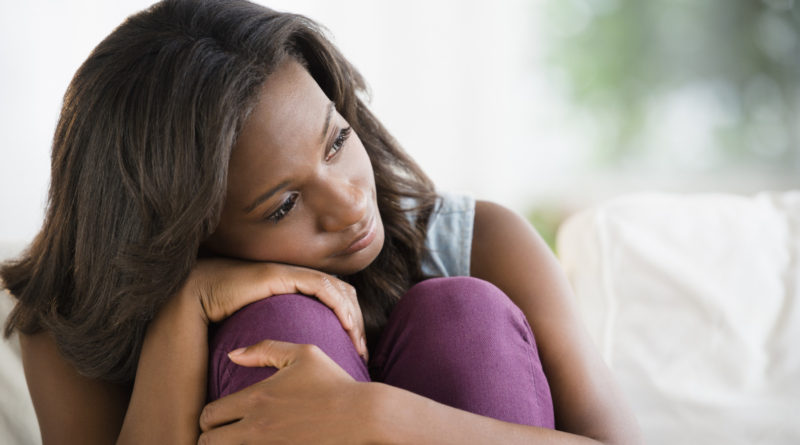

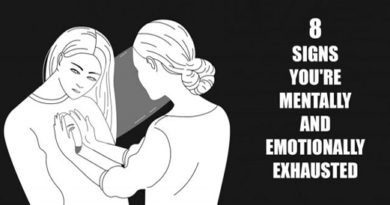
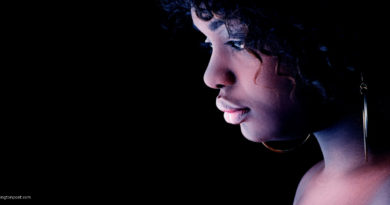
My family members always say that I am wasting my time here at net, except I know I am
getting familiarity all the time by reading thes nice posts.
Muchas gracias. ?Como puedo iniciar sesion?